Trusted flaggers should publish easily comprehensible and detailed reports on notices submitted in accordance with this Regulation. Those reports should indicate information such as the number of notices categorised by the provider of hosting services, the type of content, and the action taken by the provider. Given that trusted flaggers have demonstrated expertise and competence, the processing of notices submitted by trusted flaggers can be expected to be less burdensome and therefore faster compared to notices submitted by other recipients of the service. However, the average time taken to process may still vary depending on factors including the type of illegal content, the quality of notices, and the actual technical procedures put in place for the submission of such notices.
For example, while the Code of conduct on countering illegal hate speech online of 2016 sets a benchmark for the participating companies with respect to the time needed to process valid notifications for removal of illegal hate speech, other types of illegal content may take considerably different timelines for processing, depending on the specific facts and circumstances and types of illegal content at stake. In order to avoid abuses of the trusted flagger status, it should be possible to suspend such status when a Digital Services Coordinator of establishment opened an investigation based on legitimate reasons. The rules of this Regulation on trusted flaggers should not be understood to prevent providers of online platforms from giving similar treatment to notices submitted by entities or individuals that have not been awarded trusted flagger status under this Regulation, from otherwise cooperating with other entities, in accordance with the applicable law, including this Regulation and Regulation (EU) 2016/794 of the European Parliament and of the Council((Regulation (EU) 2016/794 of the European Parliament and of the Council of 11 May 2016 on the European Union Agency for Law Enforcement Cooperation (Europol) and replacing and repealing Council Decisions 2009/371/JHA, 2009/934/JHA, 2009/935/JHA, 2009/936/JHA and 2009/968/JHA (OJ L 135, 24.5.2016, p. 53).)). The rules of this Regulation should not prevent the providers of online platforms from making use of such trusted flagger or similar mechanisms to take quick and reliable action against content that is incompatible with their terms and conditions, in particular against content that is harmful for vulnerable recipients of the service, such as minors.
